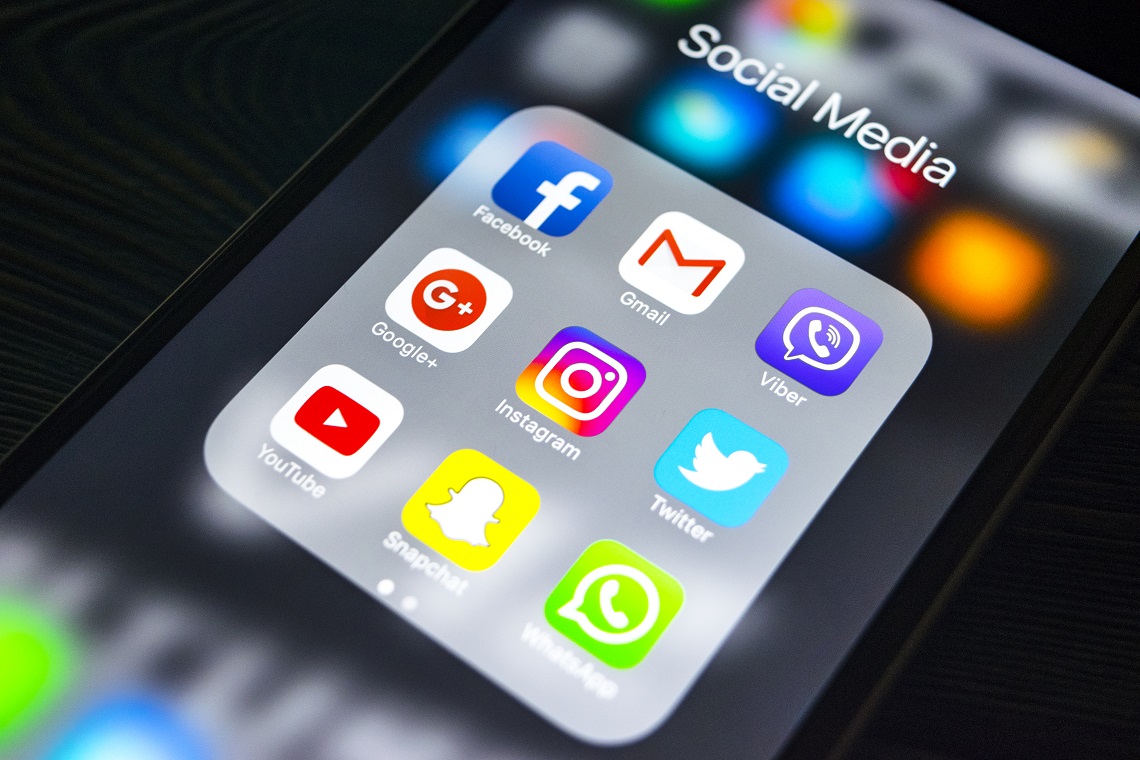Last week a report was released, supported by the Cancer Council Western Australia and the Foundation for Alcohol Research and Education, which claims to be “a snapshot of how the alcohol industry is using a global pandemic as a marketing opportunity.”
The report, titled ‘An alcohol ad every 35 seconds,’ describes how in one hour on one Friday night, 107 sponsored alcohol advertisements were displayed on one personal Facebook and Instagram account. It also said that most advertisements (71 per cent) reference the pandemic in some way, while more than half of advertisements (66 per cent) link to an online store.
FARE and Cancer Council WA also believe that the report identifies significant issues with the industry’s self-regulated Alcohol Beverages Advertising Code (ABAC).
However these claims and most of the report are rebuked by the Alcohol Beverages Association CEO, Andrew Wilsmore, who has told TheShout that his response has been coordinated on behalf of the industry.
Wilsmore said the report could “hardly be described as research” and uses multiple points of flawed data.
“It is the social feed from one person who is a dedicated anti-alcohol researcher and probably spends most of their time on the internet looking at alcohol-related content, which then flows through into targeted ads on their social media. Just as if the same person spent all day looking at camping equipment, their social feed would be full of camping ads,” Wilsmore said.
“The actual real data, rather than that of a single person in front of their PC, shows that social media advertising by alcohol witnessed a 17 per cent decline in March compared to last year.”
The report grouped themes of alcohol advertising, with the top three most common themes relating to the sale and delivery of products. It said that promoting home delivery and discounts urged people to consume more alcohol during the pandemic, but Wilsmore said sales data is showing that overall purchases and consumption are actually less than usual, as recently reported on TheShout.
“Indications from our members are that overall sales and volume loss range from 10-35 per cent, with many small producers even more severely impacted as they are unable to access the retail channel or have had to close their cellar/brewery/distillery door,” Wilsmore said.
“This data is supported by recent Commonwealth Bank report analysing credit card transactions. Overall alcohol sales over each of the last four weeks has ranged from between 10 and 25 per cent down on last year.”
“This all makes perfect common sense. When pubs, bars, clubs, cafes and restaurants are all closed and what is left open is facing diminished sales, there is less alcohol being consumed and less money for advertising.”
In terms of the ads themselves, FARE CEO, Caterina Giorgio said they show how, “alcohol companies are taking advantage of people’s fear and anxiety by urging us to drink alcohol to cope with isolation,” as well as pointing to flaws with ABAC.
Wilsmore’s response to this was: “We certainly don’t want ads out there encouraging excessive consumption or claiming alcohol improves your mood. That is a total breach of the standards and needs to be dealt with.”
“If members of the community are concerned about an alcohol ad, then they should absolutely make a complaint. An independent panel chaired by former Australian Attorney General, Michael Lavarch, reviews the complaint and the ad and makes a determination. And those determinations are regularly consumer tested to ensure they are aligned with prevailing community standards.”
“Considering only two to three per cent of all advertising complaints actually relate to alcohol, we are doing a pretty good job.”
The final message in response to the report from Wilsmore on behalf of the industry is below:
“The alcohol industry is investing resources to encourage responsible consumption during this crisis through DrinkWise Australia, with Dr Andrew Rochford fronting a campaign that encourages responsible consumption while we are isolated and gives good advice and tools on coping.”

